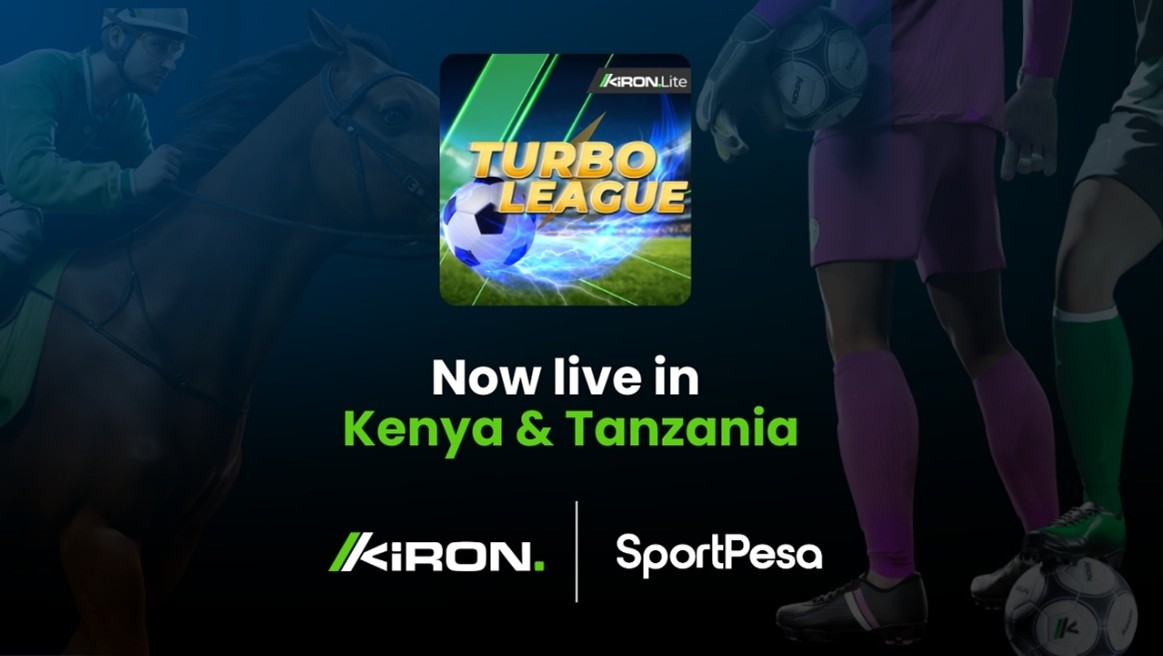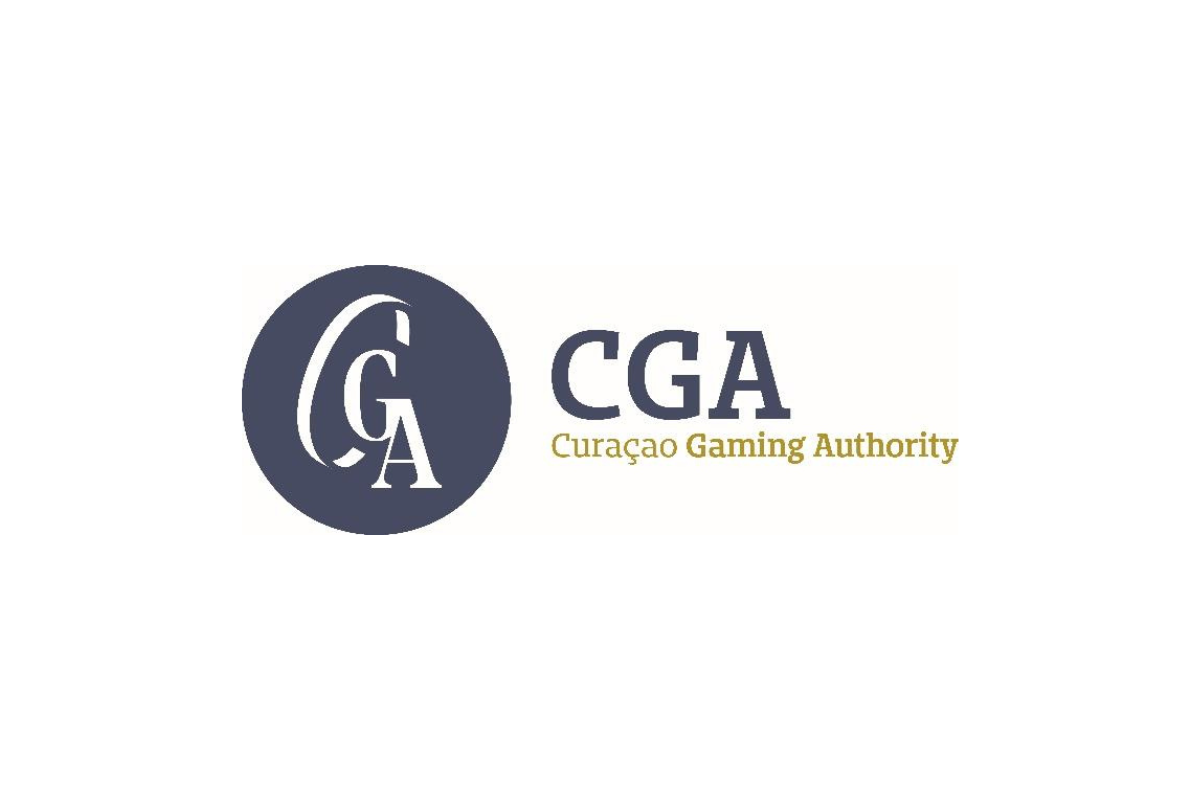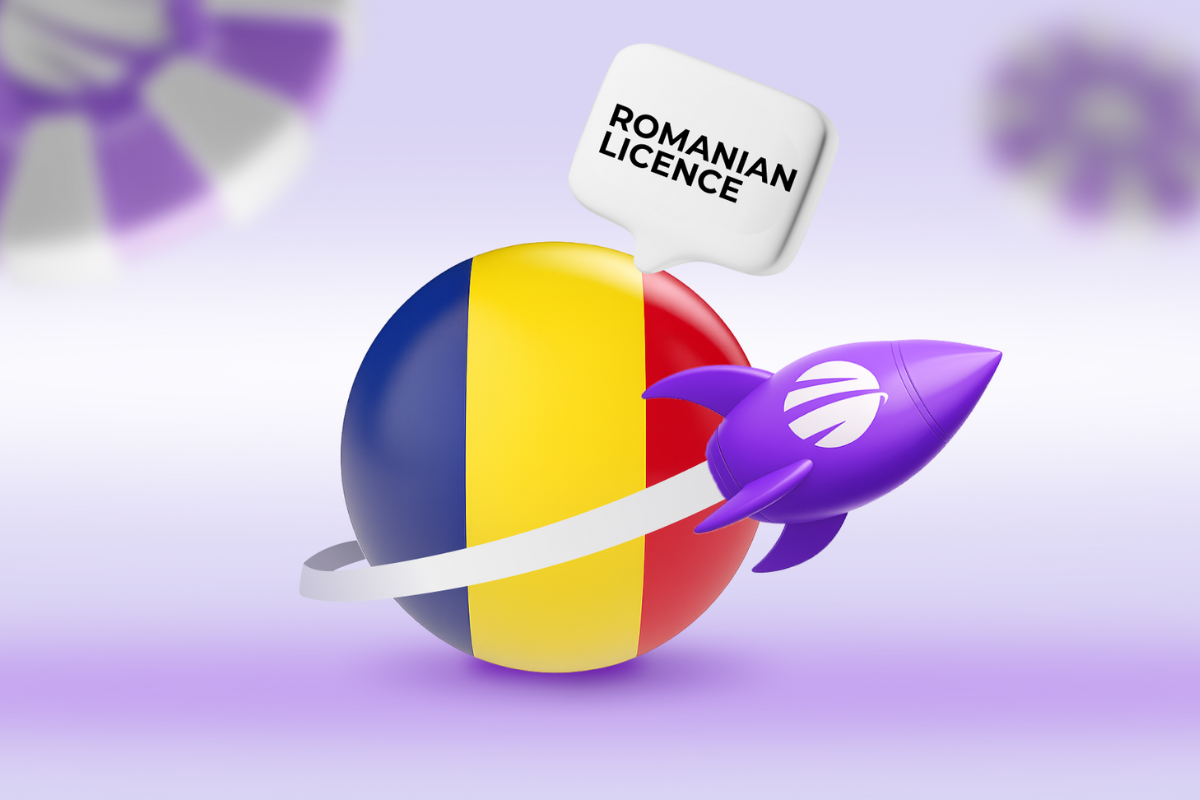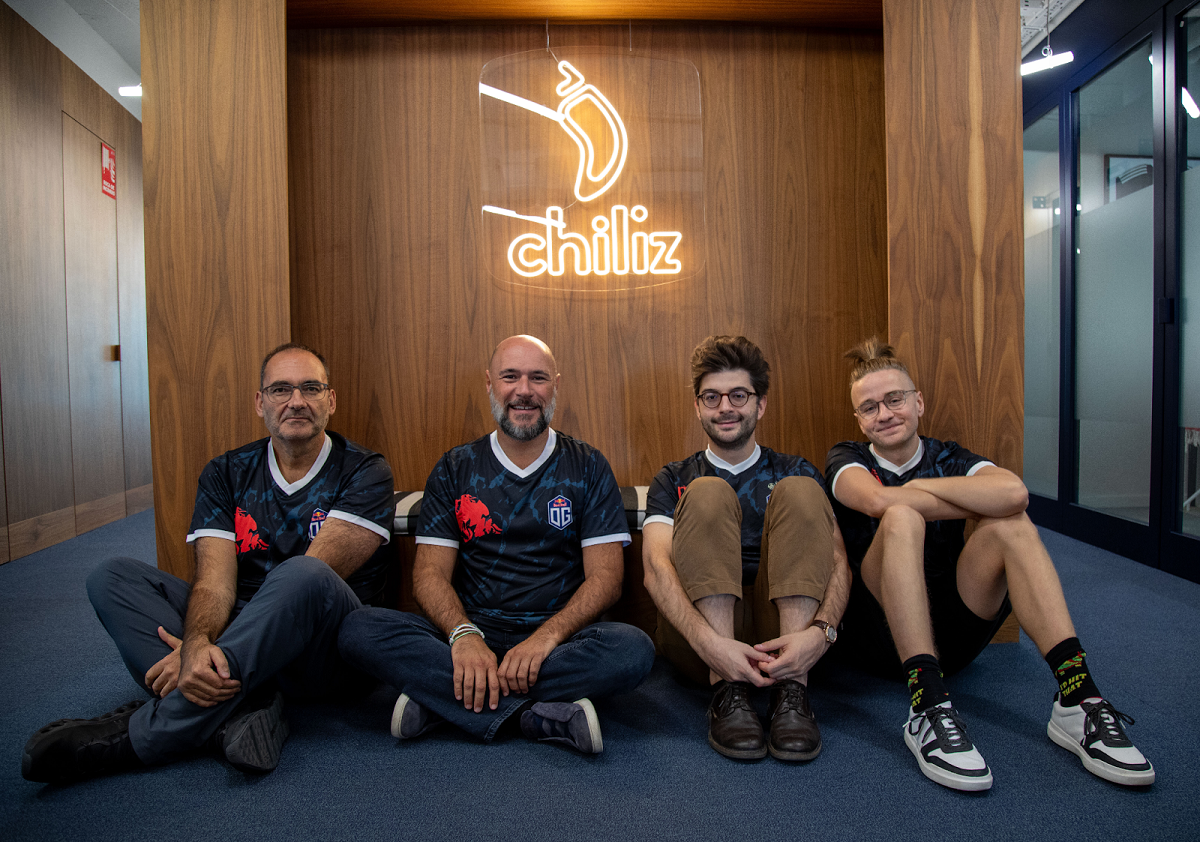Latest News
Horse Racing Betting Industry Looking for a Bounce-Back Year

While some horse racing was allowed to continue in parts of the USA and Australia as well as in Hong Kong, the sport did not restart after the COVID-19 lockdown in Britain and Ireland until June and this has had a huge impact.
Within the sport itself, attracting new owners is tough given the reduction in prize money while the breeding and sales industries are also reeling.
The chief financial impact of course has been on the betting industry, with virtual products more relevant than ever this year during the lockdown period as betting on major live sports became nigh impossible for a number of months.
Racing Hugely Affects UK Bookmakers’ Profits
While various territories differ in their setup there is a general impact on betting in Great Britain when horse racing is offline, which thankfully is all too rare an occurrence.
Horse racing remains the second most watched and second most gambled on sport in the country behind football, despite the continued relative lack of coverage on general sports apps and TV channels.
The online and especially high street betting firms are affected widely when there are major events cancelled, but never more so in the offices when horse racing takes a bath and this has now left bookmakers looking for what will need to be a major bounce-back year if they are to perform as promised.
Things Could Have Been Worse for Bookies
The period from the end of March to the beginning of June was a nightmare for British bookmakers.
The Grand National is the single biggest betting event in the country, while most money now comes from football bettors and with both of those cancelled profits were down hugely and just at a time when bet365’s leader Denise Coates was sending millions to charity based on how well the firm had performed in 2018-19.
However, things could have been even more devastating. The Cheltenham Festival, a four-day horse racing and betting bonanza in mid-March is easily the biggest betting week of the year with horse racing betting sites in the UK sending out hugely generous bonuses and offers to tempt people in.
The event went ahead this year, despite the fact that the country was very well aware of the presence of COVID-19 and its effects.
That decision alone was vilified in the national and international press, actually to the point of being prejudiced and discriminatory given that the number of people attending and specifically how close they are to each other was often grossly exaggerated.
As well as this, the 50,000 people at both Anfield and Ibrox for football games, the millions on the Tube and the hundreds of thousands allowed the same week to cram into London’s west end theatres appeared to get away scot-free in terms of press disparagement.
Regardless, Cheltenham, owners The Jockey Club, the British Horse Racing Authority and of course the bookmakers were labelled major contributors to the escalating circulation of the virus in March due to their desperation to go ahead with the Festival, or the pressure that was put on people to stage the event and keep the related profits rolling in.
How Bookmakers May Rebound
Despite the major firms having cash reserves and their directors being afforded multi-million-pound bonuses or salaries, the brutal fact here is that when profits have taken a dive for any reason there will be pressure from the top to get some of that money back.
Football punters may notice only a trifling difference, if any at all, but it’s feared that those betting regularly on horse racing will very much be able to detect the layers trimming subtly away add the odds and the overround on horse racing betting markets over the coming months.
While groups such as the Horseracing Bettors Forum are around to keep an eye on things and report what they find, there is no real tangible regulation and so betting firms are essentially free to offer 5/2 on a horse when 11/4 would have been more appropriate, or have their overall book at 110% when 105% may have been the norm.
It is hoped of course that they don’t do this, but it’s feared that something has to give and the major online betting companies will not simply swallow the loss handed it by coronavirus despite there being nothing any of us, especially the simple punter, could have done to stop it entirely.
There is hope for us all though. Credit cards are no longer allowed, which may reduce fees, and nor is advertising during live sport which must have cost a fortune! In the short to medium term then, bookmakers need to recover some cash but there remains hope it won’t be by fiddling the odds.
-

 Asia5 days ago
Asia5 days agoDigital gaming disruption tackled in 1st AsPac Regulators’ Forum
-

 Africa6 days ago
Africa6 days agoKiron announces the launch of its new virtual football title, Turbo League, with SportPesa in Kenya and Tanzania
-

 Aquisitions/Mergers6 days ago
Aquisitions/Mergers6 days agoNOVOMATIC successfully completes sale of ADMIRAL Austria to Tipico and focuses on international growth markets
-

 Compliance Updates6 days ago
Compliance Updates6 days agoSOFTSWISS Releases Gambling Regulation Directory for iGaming Operators
-

 Compliance Updates6 days ago
Compliance Updates6 days agoAlternative Dispute Resolution (ADR) Role and Certification
-

 Asia6 days ago
Asia6 days agoiRace Media extends partnership with The Hong Kong Jockey Club in Asia
-

 Central Europe6 days ago
Central Europe6 days agoSYNOT Games Delivers Bespoke Games Exclusively for SazkaHry.sk in the Slovak Market
-

 Latest News7 days ago
Latest News7 days agoNuxGame Secures Romanian B2B Gambling License as a Strategic Milestone in European Expansion






























